‘Not going to stay’: International students struggling amid rental crisis
Chinese students have complained that they were misled about Australia, saying the “shocking” rise in cost of living is causing others to abandon their plans.
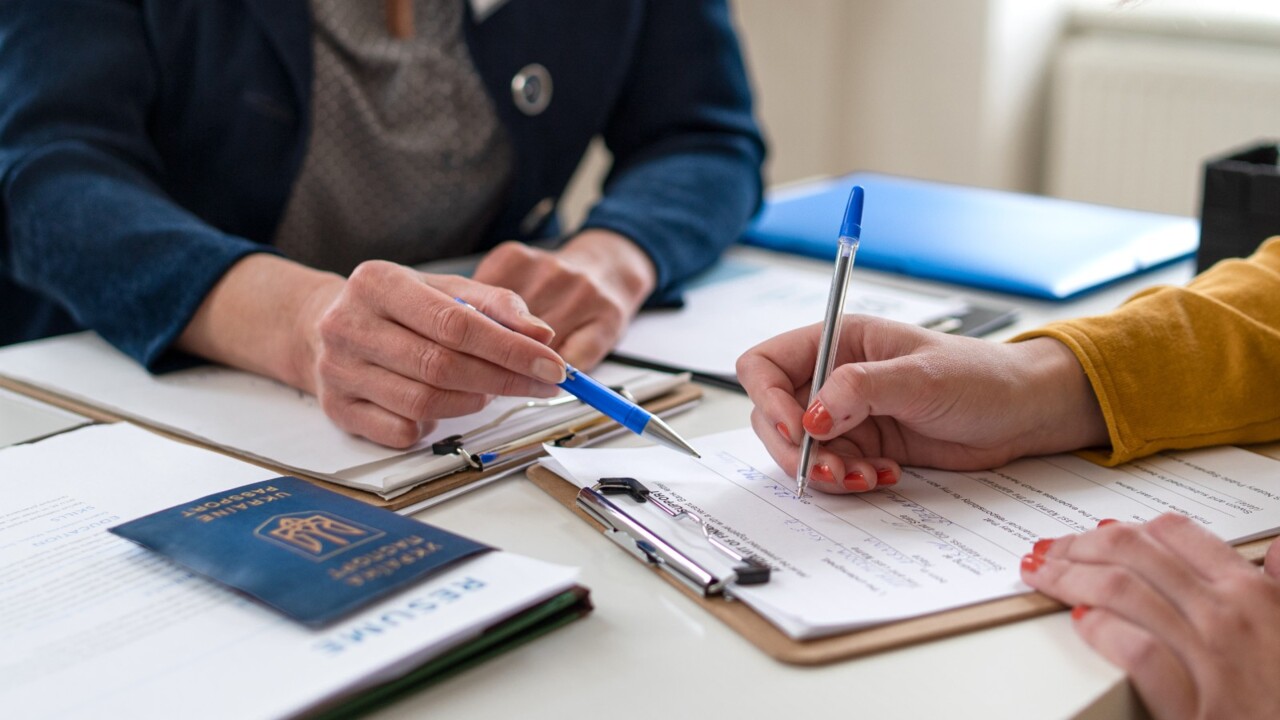
Chinese students struggling to find rentals have complained that they were misled about Australia, saying the “shocking” rise in cost of living is causing others back home to abandon their plans.
Speaking to the ABC on Friday, two students described their experiences with the rental crisis in Melbourne, seeing ads for one-bedroom apartments increasing from $400 to up to $650 per week.
“I can’t sleep every day and I constantly have anxiety, worrying about what to do if I don’t have a place to stay,” Kiki Zhang, 25, told the ABC. “The rent has gone up too far.”
Ms Zhang told the broadcaster she was aware of “radical voices ranting hate speech” against international students, who were being blamed for the rental crisis.
Laura Zhao, 23, said news of the “shocking” cost of living increases, plus the negative sentiment towards international students, was making its way back to students in China.
“I have friends who had a plan to study in Australia, but living situations made them fearful and they didn’t dare to come,” she said.
Ms Zhao said the situation had left her “miserable and heartbroken”.
In Sydney, where there have been horror stories of students resorting to living in tents, the situation is not much better.
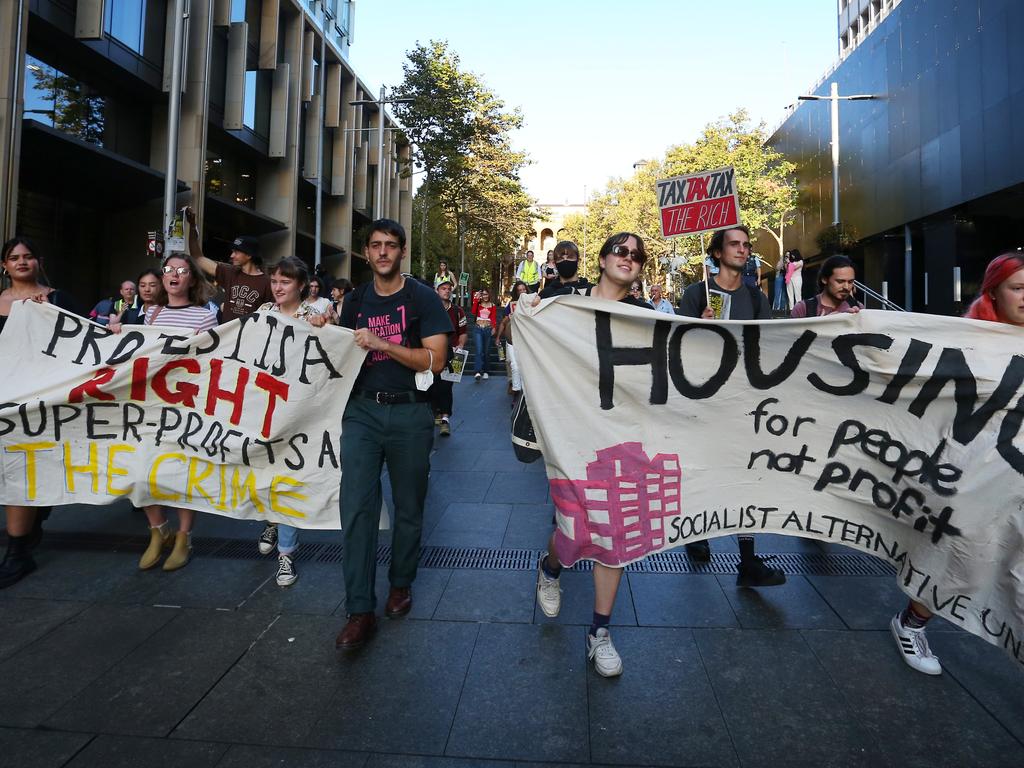
One University of Sydney student from Europe posted in a group for international students last month in response to a woman’s question about whether she should come in 2024.
“The city is crazy expensive,” he wrote. “Housing in particular has become ridiculous, and even student accommodation easily goes at more than $300 per week these days.”
He said coming to Sydney “ultimately depends on your personal preferences”.
“If you enjoy outdoor activities, don’t mind the lack of night-life, have a lot of money to afford cost of living and housing and are ready to cope with a subpar transport system and very long distances to travel to get to other places, you might fall in love with the city,” he said.
“As you might have guessed, I don’t particularly like it here and I’m not going to stay for longer, but some of my friends really love it!”
This month’s federal budget forecast net overseas migration to hit a record high of 400,000 in 2022-23 before falling to 315,000 in 2023-24 and then a projected long-term rate of 260,000.
Much of that 400,000 figure is temporary migration, including international students, skilled temporary visa holders and working holiday-makers.
The massive immigration surge has been criticised by some economists and commentators who say it will only contribute to the unprecedented rental crisis.
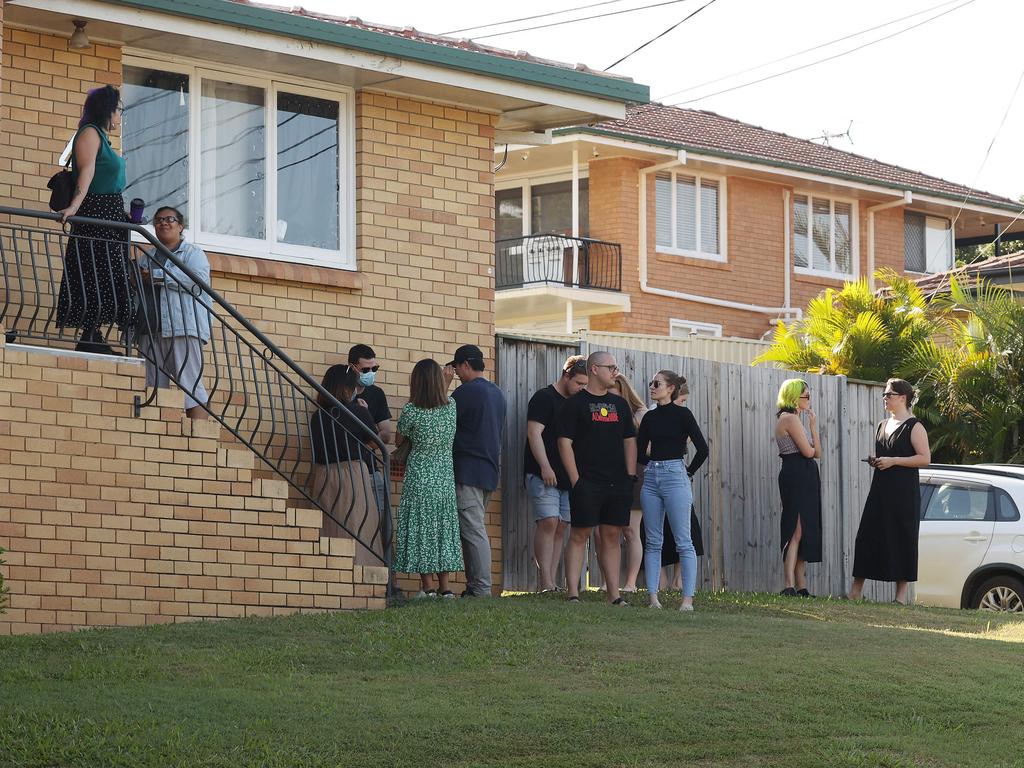
But the education and business lobbies have insisted increased migration is not to blame.
International students contributed more than $29 billion to the economy in 2022, according to Universities Australia.
The peak body’s chief executive Catriona Jackson said in February that the “strong rebound” in student arrivals post-Covid was an “economic winner for Australia”.
“Education is our largest services export and the biggest product we don’t source from the ground,” she said.
“The export income our universities help generate pays for essential services and underpins a higher standard of living for all Australians, regardless of where they live. Covid-19 halved the value of education as an export, but we are well on our way back to reaching, and hopefully surpassing, the $40 billion mark we recorded in 2019.”
Business Council of Australia CEO Jennifer Westacott told ABC NewsRadio on Monday “declining supply” was the key issue with housing, not migration. “Two thirds of Australians want well managed migration, they know that it’s important,” she said.
“Most people are experiencing a crisis in getting labour, that’s putting costs up. So we’ve got to separate the two issues to really have a proper national debate about this. Because a lot of the migration that we’ve seen in the budget — the 400,000 figure — is temporary migration, so a lot of that is students and they’re taking the jobs in hospitality and retail. Those sectors are under a lot of pressure to find labour, so they’re actually filling spots that are needed by small and large businesses.”
ABC host Thomas Oriti pointed out “they still need a place to live, though”.
“Of course, they do,” Ms Westacott said.
“It’s not to say there’s no impact, we’ve got to make sure we get the right problem solved. The problem we’ve got to solve is that our housing supply has been going backwards.”
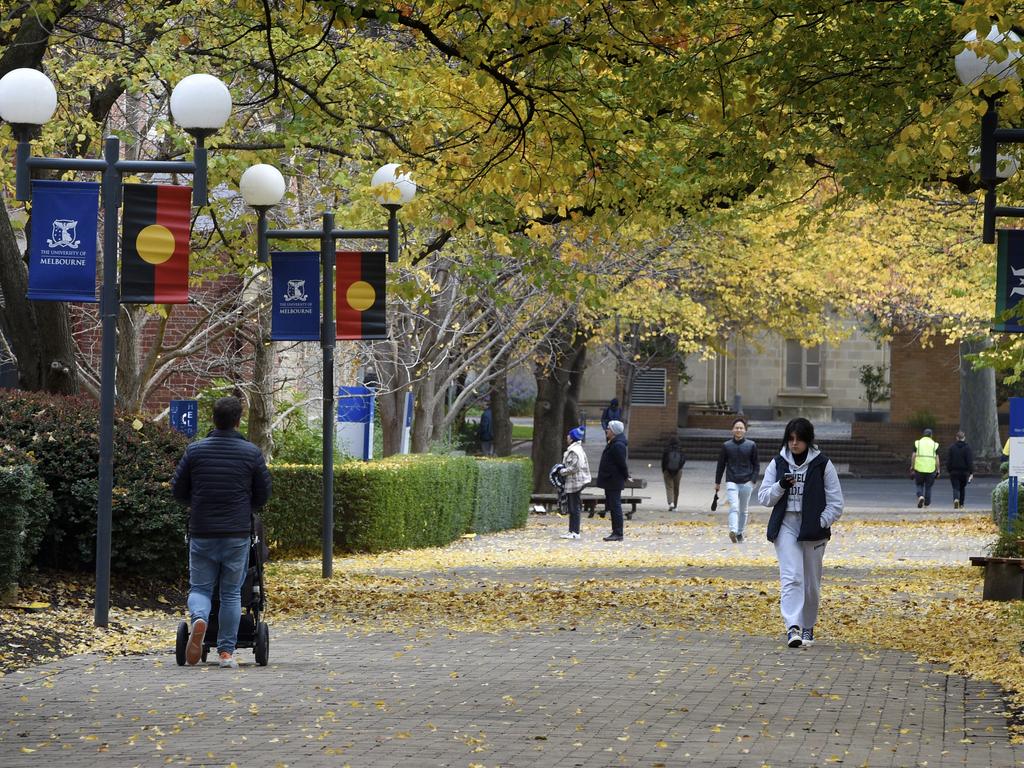
Angela Lehmann from education consultancy The Lygon Group told the ABC international students were expected to help fill skilled labour shortages once they graduate and it would be a “loss for us” if they didn’t feel supported.
“These are potentially ideal migrants who have committed to living in our communities and learning about Australia,” she said.
“We should be nurturing them and making sure that we have them on board.”
But tech entrepreneur Matt Barrie, CEO of Freelancer, slammed Australia’s immigration “ponzi” in a scathing speech on Monday, in which he took particular aim at the education sector.
“Our fifth biggest export is ‘educational related travel services’, or a visa factory at our local university, vocational, ‘business’ or English college — the educational quality at the latter is worse than you’d get binge watching cat videos on TikTok,” he told the The SMH Sydney 2050 Summit.
“There are 620,000 ‘students’ in Australia, equivalent to the populations of Canberra, Darwin and Alice Springs. Forty-five per cent are studying higher education, 25 per cent vocations and 17 per cent English. Almost 40 per cent are in NSW. By 2025 there’ll be 940,000 and Sydney will host a Canberra.”
He added, “If that also sounds weird, in 2022, 573,000 student visas were issued by Australia. The United States issued 414,000.”
Mr Barrie quoted Home Affairs Minister Clare O’Neil, who said Australia had created “an underclass of low-paid and exploited workers, leaving international students in limbo and failing to meet the current and future economic challenges faced by the nation”.
“In the same breath, O’Neil announced all these workers can be permanent residents, a statement that does not logically follow,” he said.
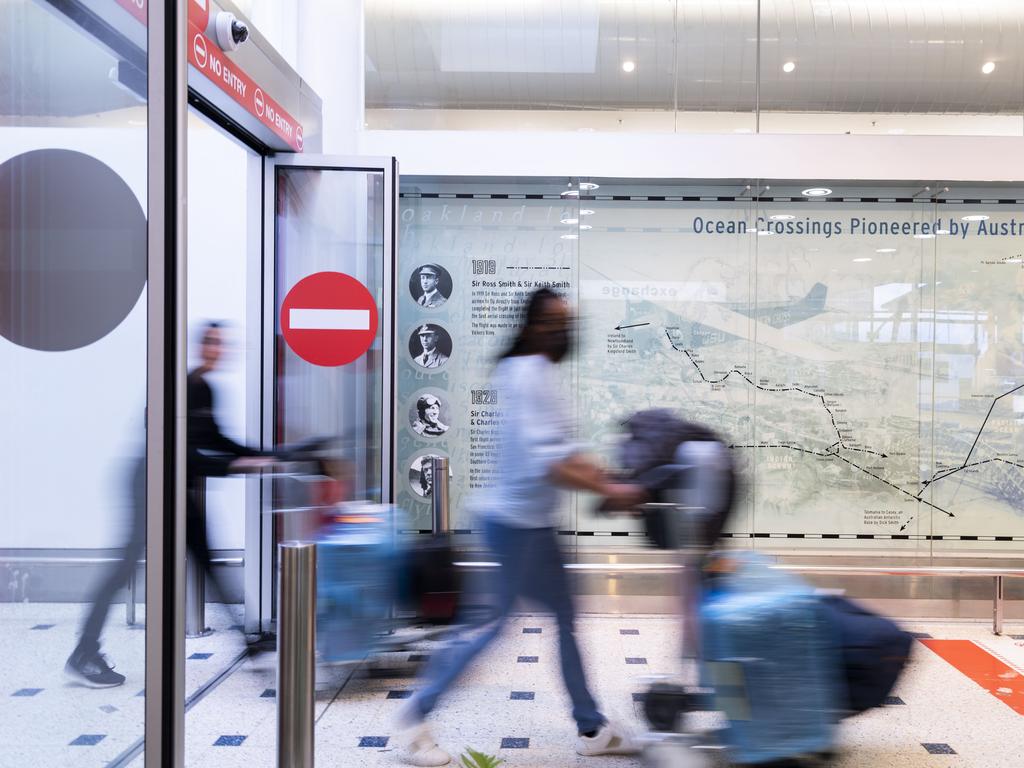
It comes as new data on Wednesday showed Australia has seen the largest drop in available rental properties in years as the market continues to tighten.
New rental listings across the country fell by 18.9 per cent in April with Sydney, Melbourne and Perth facing the toughest conditions in the nation.
Sydney’s new listings fell by 17 per cent in April and 5.1 per cent in the past year while Melbourne dropped by 20.8 per cent in the past month and 17.9 per cent in the past year, according to PropTrack.
The country’s two biggest cities are also plagued by low vacancy rates, with Sydney’s sitting at 1.4 per cent in April and Melbourne at 1.2 per cent, according to SQM.
The largest falls were in Perth and Darwin, where April listings were ravaged by a whopping 22.2 per cent and 25.8 per cent.
Though there were increases in rental supply in some market like Hobart and Canberra, it was nowhere near enough to halt the diminishing number of available properties, according to PropTrack Research Director Cameron Kusher.
“There was little relief for hopeful renters in April, with new listings recording the largest monthly decline since 2017,” he said.
“The larger capital cities are seeing supply tighten, creating incredibly difficult conditions. However, pressures are starting to ease in regional areas and smaller capital cities as pandemic-induced trends begin to reverse.”
Mr Kusher warned that the situation will only worsen if nothing is done to increase the supply of properties.
More Coverage
“Without an imminent increase in supply, the stock of rental properties will remain low, exacerbating the competitive conditions renters currently face,” he said.
— with NCA NewsWire






